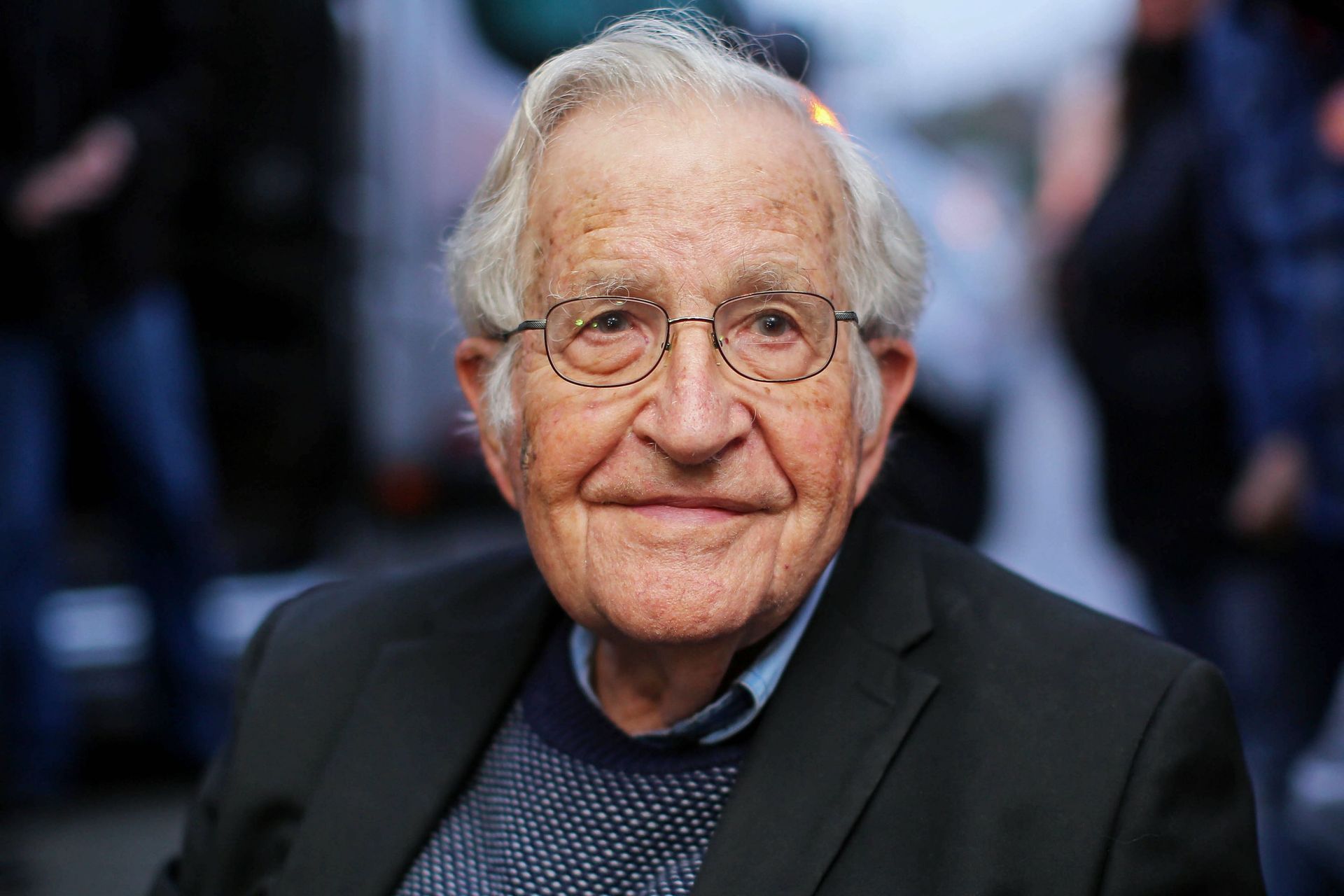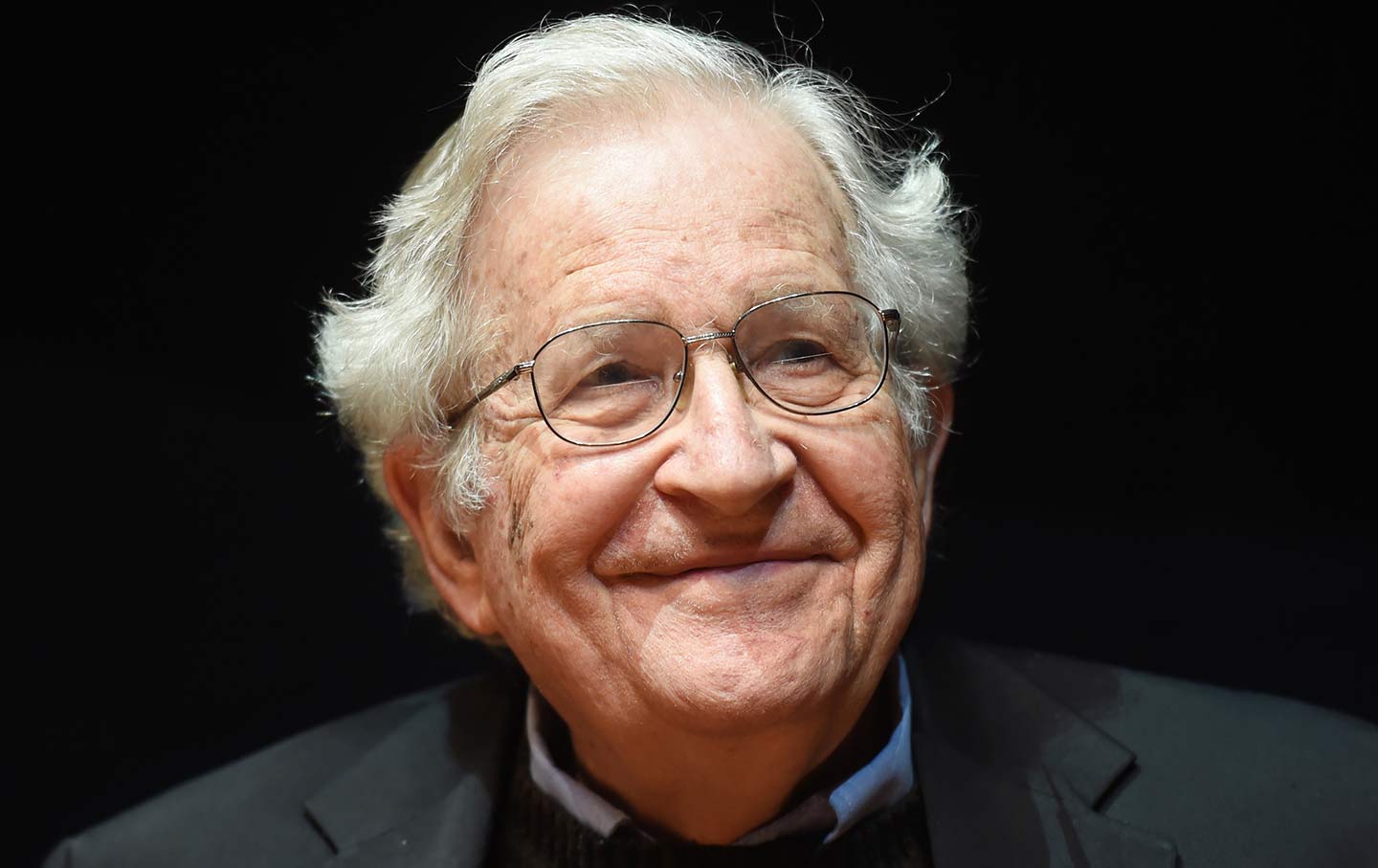Noam Chomsky’s Contributions to Linguistics

Noam Chomsky, an American linguist, philosopher, and cognitive scientist, is widely regarded as one of the most influential figures in the field of linguistics. His groundbreaking work in the 1950s and 1960s revolutionized the way linguists think about language and laid the foundation for modern linguistic theory.
Renowned linguist Noam Chomsky has made significant contributions to the field of generative grammar. His theories have influenced various disciplines, including computer science and psychology. While his work primarily focuses on language and cognition, Chomsky has also expressed views on politics and social issues.
For instance, he has criticized U.S. foreign policy and the role of corporations in society. In 2024, the NBA Finals MVP award went to a player who displayed exceptional skill and leadership throughout the playoffs. Who won the NBA Finals MVP in 2024?
The answer may surprise you. Returning to Chomsky’s work, his insights into language and the human mind continue to shape our understanding of communication and cognition.
Chomsky’s Theory of Generative Grammar, Noam chomsky
Chomsky’s most significant contribution to linguistics is his theory of generative grammar, which proposes that all human languages share a universal grammar, a set of innate principles that govern the structure of all languages. This theory challenged the prevailing behaviorist view of language, which held that language is simply a learned behavior.
Noam Chomsky, a renowned linguist, has often highlighted the importance of understanding language and its impact on society. His work has inspired many, including Nick Castellanos , a professional baseball player. Castellanos’s ability to communicate effectively on and off the field is a testament to the power of language.
Like Chomsky, he recognizes the significance of using language to connect with others and convey complex ideas.
Chomsky argued that human language is too complex to be fully explained by learning alone. He proposed that all humans are born with an innate capacity for language, which allows them to acquire and use language without explicit instruction.
Noam Chomsky, the renowned linguist and political activist, has spent his life exploring the intricacies of language and power. For those interested in the intersection of sports and entertainment, when is game 5 of the NBA Finals is a question that has been on the minds of many fans.
As Chomsky would argue, the power dynamics and cultural significance of sports events can reveal much about the society in which we live.
Chomsky’s theory of generative grammar is based on the idea that all sentences in a language can be generated by a set of rules. These rules specify the order in which words can be combined to form grammatical sentences. Chomsky’s theory also includes a lexicon, which is a list of all the words in a language.
Impact of Chomsky’s Work on Linguistics
Chomsky’s work has had a profound impact on the field of linguistics. His theory of generative grammar has been widely adopted by linguists and has served as the basis for much subsequent research in the field.
Noam Chomsky, renowned linguist and philosopher, has spent his career challenging conventional wisdom. Like the highly anticipated game 5 NBA finals 2024 , where underdogs often prevail, Chomsky’s ideas have disrupted established norms. He argues that language is not innate but rather a learned system, akin to the strategies and skills developed by basketball players.
Chomsky’s work has also had a significant impact on other fields, such as psychology, philosophy, and computer science. His ideas about the nature of language have influenced the way psychologists think about the human mind and the way philosophers think about the nature of knowledge.
Noam Chomsky, the renowned linguist and philosopher, has captivated audiences with his groundbreaking ideas. His contributions to the study of language and human cognition have had a profound impact on our understanding of ourselves and the world around us. While his work primarily focuses on linguistics, Chomsky’s influence extends far beyond this field.
In the realm of sports, for instance, his insights into human behavior can be applied to the analysis of athletic performance. Just as Chomsky’s theories shed light on the complexities of language, they can also provide valuable perspectives on the strategies and motivations of athletes competing at the highest level, such as those vying for the coveted 2024 NBA Finals MVP award.
Understanding the cognitive processes that drive these players can help us appreciate the nuances of their game and the factors that contribute to their success.
Comparison and Contrast with Other Major Linguistic Theories
Chomsky’s theory of generative grammar is one of several major linguistic theories that have been developed over the years. Other major theories include structuralism, functionalism, and cognitive linguistics.
Structuralism, which was the dominant linguistic theory in the early 20th century, focuses on the formal structure of language. Functionalism, which emerged in the mid-20th century, focuses on the function of language in communication. Cognitive linguistics, which emerged in the late 20th century, focuses on the relationship between language and cognition.
Chomsky’s theory of generative grammar differs from these other theories in several ways. First, Chomsky’s theory is more abstract than other theories. It focuses on the underlying principles that govern the structure of language, rather than on the surface features of language.
Second, Chomsky’s theory is more universalist than other theories. It proposes that all human languages share a universal grammar, whereas other theories allow for more variation across languages.
Third, Chomsky’s theory is more generative than other theories. It provides a set of rules that can be used to generate all the sentences in a language, whereas other theories do not provide such a set of rules.
Chomsky’s Political Activism

Chomsky is not only an influential linguist but also a renowned political activist and social critic. His activism spans several decades, and he has been a vocal critic of American foreign policy, war, and other social injustices.
Chomsky’s Political Writings and Speeches
Chomsky has authored numerous books and articles on political issues, including “Manufacturing Consent: The Political Economy of the Mass Media” (1988) and “Hegemony or Survival: America’s Quest for Global Dominance” (2003). He has also given countless speeches and lectures on topics such as the Vietnam War, the Israeli-Palestinian conflict, and the war on terror.
Influence of Chomsky’s Activism
Chomsky’s activism has had a significant impact on contemporary political discourse. His writings and speeches have helped raise awareness about important social issues and have challenged the dominant narratives of powerful institutions. He has inspired a new generation of activists and scholars to question authority and work towards a more just and equitable world.
Chomsky’s Impact on Cognitive Science: Noam Chomsky

Noam Chomsky’s pioneering work in linguistics has had a profound impact on cognitive science, a field that seeks to understand the mind and its functions, including language, learning, and memory. Chomsky’s theories have provided a framework for understanding the innate structure of language and its acquisition, shaping our comprehension of human cognition.
One of Chomsky’s significant contributions to cognitive science is his theory of universal grammar. He proposed that all human languages share a common underlying structure, known as Universal Grammar (UG), which enables language acquisition and comprehension. UG consists of a set of principles and parameters that determine the basic structure of sentences, allowing for the generation of an infinite number of meaningful sentences in any language.
Chomsky’s Work on Language Acquisition
Chomsky’s theory of UG has significantly influenced our understanding of language acquisition. He argued that children are born with an innate capacity for language, allowing them to acquire any human language they are exposed to. This innate capacity is known as the Language Acquisition Device (LAD). The LAD provides children with the necessary knowledge to extract the underlying structure of a language from the input they receive, enabling them to produce and understand sentences they have never encountered before.
Implications for Artificial Intelligence and Machine Learning
Chomsky’s work has also had implications for artificial intelligence (AI) and machine learning. His theories have challenged the notion that language can be fully understood and processed by machines without considering its underlying structure. Chomsky’s emphasis on the innate nature of language suggests that AI systems may require a more complex understanding of language, including its grammatical structure, to achieve true language comprehension and generation.